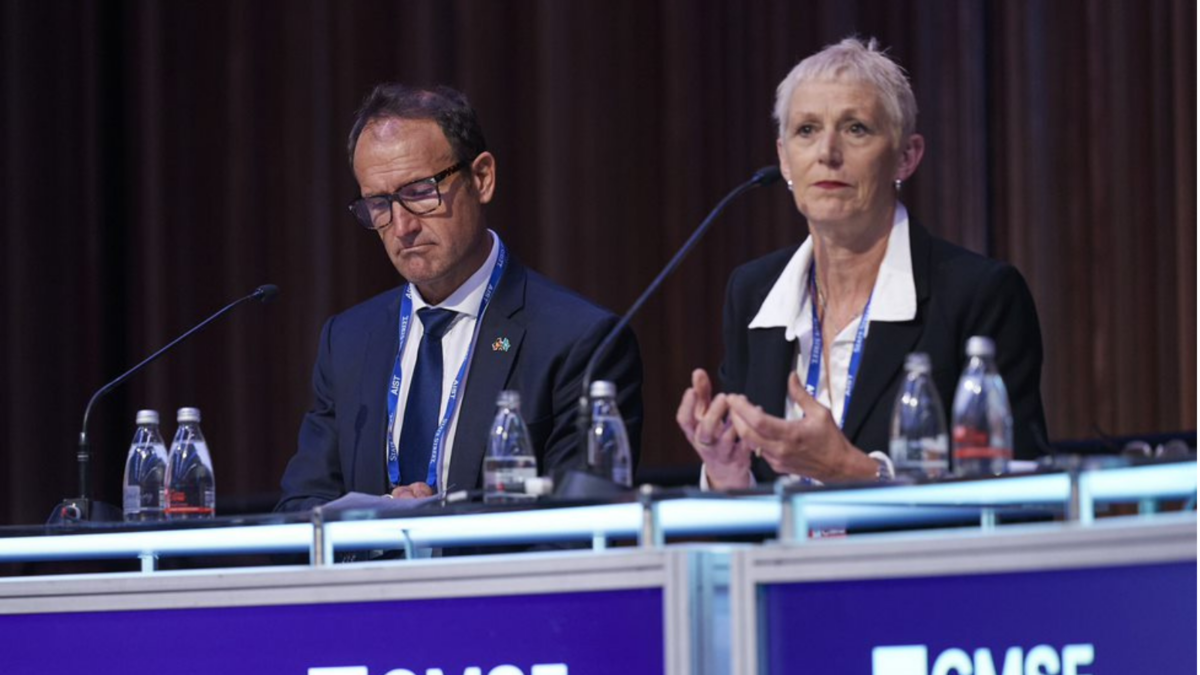Funds must guard against ‘partisan noise’, watch for global opportunities: IFM
While the government’s nation-building ambitions – ambitions that include the super funds – have attracted the ire of the federal opposition and a menagerie of financial commentators, IFM deputy chair Cath Bowtell told the CMSF conference that it’s “not a new debate”.
“In the 1960s, to attract tax concessions super funds had to have 30 per cent of their fund in government bonds – that was the only way to get them,” Bowtell said on Tuesday (March 21). “Governments here and around the world have always used incentives to attract private capital.”
“There’s nothing sinister about governments doing that; look at what the US is doing with the Inflation Reduction Act, look at what’s happening in the European Zone. And there’s nothing sinister about private capital taking advantage of those incentives to make the economics more attractive and to latch onto that and deliver that back to our members.”
“What we have to guard against is the partisan noise, and that the superannuation wars don’t actually act as a break on us recognizing the strength of those investment opportunities and going after them. And it may mean that we have to be more vocal in explaining what we do; it may mean that we have to be more transparent in the way we make decisions. But we should not let that political noise distract us from making sound investment decisions that are in the long-term best interests of our members and their families.”
IFM expects the popularity of private markets to grow (“We would say that,” Bowtell quipped. “It’s our bread and butter) and that they’ll form a much larger part of institutional portfolios both in Australia and around the world.
“We see that appetite emerging in investors around the globe… Super funds, particularly industry super funds, have been overweight compared to global peers in terms of allocation to unlisted assets. But we do see growing investor appetite for unlisted. It’s infra and infra-adjacent assets – healthcare, digitisation of the economy and those sorts of things that support decarbonisation…
“They’re themes that our investment teams are working on very closely… But we’re also seeing trustees ask us to deliver mandates with a particular focus on some of the ‘S’ issues. We’ve just delivered a mandate for First Super which has a focus on labour rights. We’ll see more investor appetite for those sorts of things.”
Top of mind for IFM is how to capitalise on the “extraordinary momentum” of investing in the decarbonisation of both the Australian and global economy; around $140 billion needs to be spent in Australia per annum, and that figure is close to $135 trillion globally to reach net zero by 2050. IFM’s infrastructure, debt and equity teams are “out seeking those technologies and services that are going to play a part in that transition”.
“I think that the shift from seeing climate as a risk to an opportunity is actually something that we will look back on in 20 years’ time and say “That was a really important moment for the sector’,” Bowtell said. “If someone said to you at the end of the Stone Age ‘would you like to invest in the wheel?’ you’d look back and think that was a good idea. I think investing in decarbonisation is like investing in the wheel.”
While HSBC Australia CEO Anthony Shaw warned the same session that super funds would face currency translation challenges and local regulatory risks as they travel “north of the border”, Bowtell said that actually being able to find the investment opportunities abroad while ensuring that far-flung foreign offices have a connection to the members they serve in Australia were key considerations for more globalised super funds.
“Globalising a business is different to globalising investments,” Bowtell said. “There’s two different things we do at IFM – we’ve got boots on the ground in particular jurisdictions, because when you invest in private markets having that on the ground capability is really important. Finding the investment opportunities is one side of globalization.
“Globalising the business in a way that maintains the culture is the other thing; culture eats strategy. As a board we go and travel to our global offices to make sure that we’re meeting with the staff and meeting with the leaders and spending time with the new starters to really check in on culture… At the moment, we know that the labour market shortages are real and employing people who are aligned to your purpose is number one.”
“Ensuring that your remuneration structures, particularly when you’re recruiting investment professionals, are aligned with your return to your members… If you’re looking to grow a big team quickly, you’ve got to be picky about the people.”











